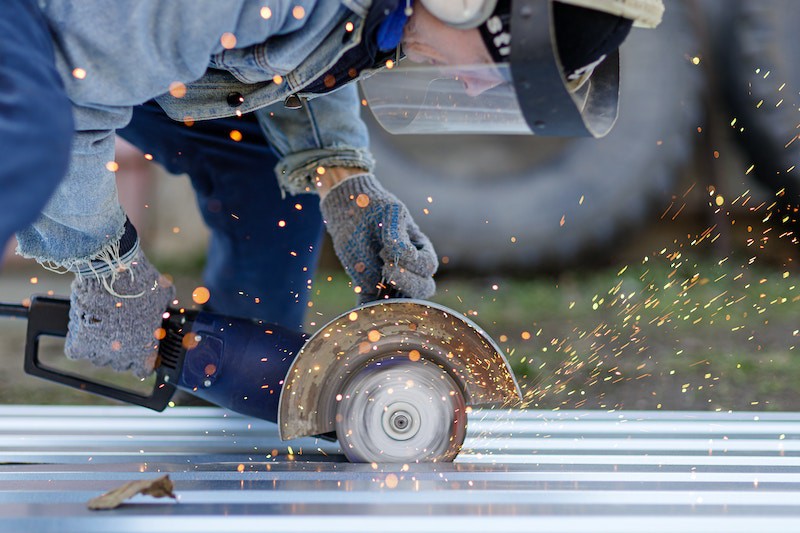


 349,500 Offered Certificates
349,500 Offered Certificates
 24/7 Online Training
24/7 Online Training
 Money Back Guarantee
Money Back Guarantee
 Fully Accredited Courses
Fully Accredited Courses

Created at: 22-02-2025 23:30
Abrasive wheels are essential tools in many industries, from construction to automotive repair. Understanding the various types of abrasive wheels, their applications, and the associated risks is crucial for maintaining safety and efficiency in the workplace. In this guide, we delve into the types of abrasive wheels, their practical uses, the safety hazards they present, and the importance of proper training in ensuring compliance with Irish safety regulations.
Abrasive wheels come in various types, each designed for specific tasks. Here are the most common categories:
Abrasive wheels play a critical role in various sectors:
While abrasive wheels are valuable tools, they pose inherent risks if not properly handled:
To mitigate these risks, proper training in the use and maintenance of abrasive wheels is essential. Accredited training programs help workers understand:
For those in Dublin, Cork, Galway, Limerick, Waterford, and beyond, options for certified abrasive wheels training courses are available. These include:
Understanding the types of abrasive wheels, their applications, and the associated risks is vital for anyone working in industries that utilize these tools. By investing in proper training and certification, businesses in Dublin, Cork, Galway, Limerick, and Waterford can ensure safety and compliance with Irish regulations. Start your journey towards safer workplace practices by enrolling in a certified abrasive wheels training course today.
For more information or to schedule your training, contact us at [email protected].